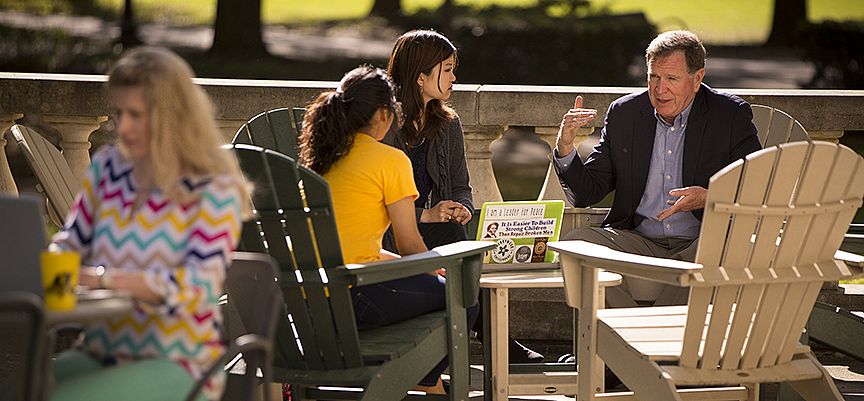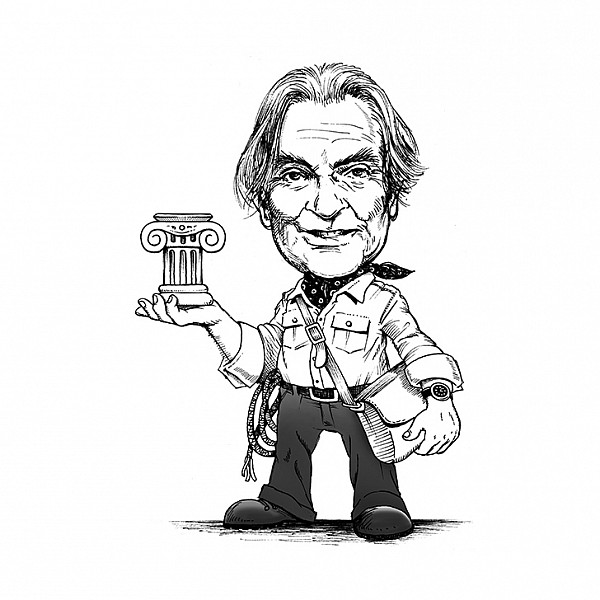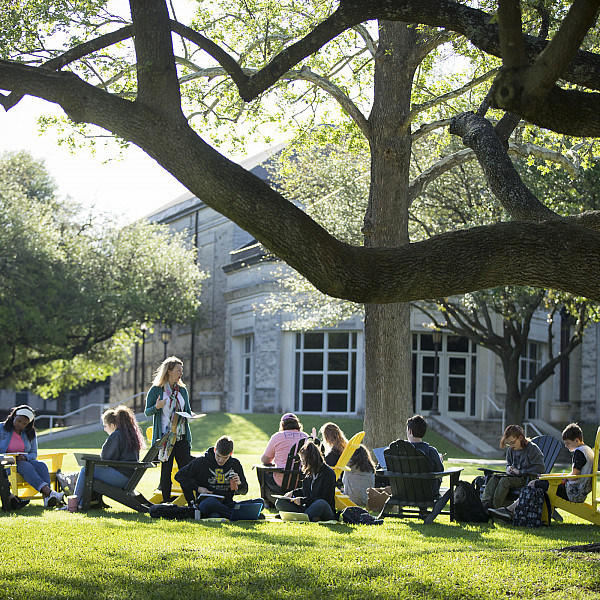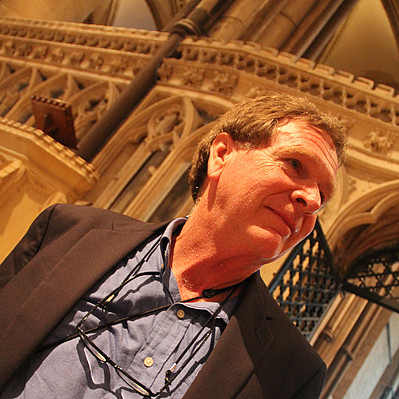Majors & Minors
Classics
Our majors develop the flexibility and creativity to become leaders and innovators in a variety of careers. Some go on to further study in Classics, but the critical thinking and analytical skills acquired in our courses also prepare students for graduate school and careers in medicine, law, business, and more.
From the very earliest periods (prehistory) to the dissolution of the Roman Empire, a core selection of seminal works have established themselves as timeless examples of genius, and as cultural and societal touchstones.
Classics is the broad field covering Greco-Roman antiquity from the very earliest periods (prehistory) to the dissolution of the Roman Empire. Classicists study the literature and language, anthropology, art history, religion, philosophy, and history of the ancient Mediterranean world. Through the study of primary material (Latin and Greek texts, in the original or in translation, and archaeological and art historical artifacts), students gain an appreciation for the ancient societies that continue to illuminate our own. Students must master not only basic factual material but also learn how to synthesize complex and sometimes disparate material.
Classics builds critical thinking skills, is a bridge between STEM and the Humanities, fosters an appreciation of contemporary social issues, and has influenced today’s political institutions. For a statement about the value of the study of Classics today, click here .
Classics majors get on well in life because they develop intellectual rigor, communications skills, analytical skills, the ability to handle complex information, and, above all, a breadth of view which few other disciplines can provide. -Princeton Review






















